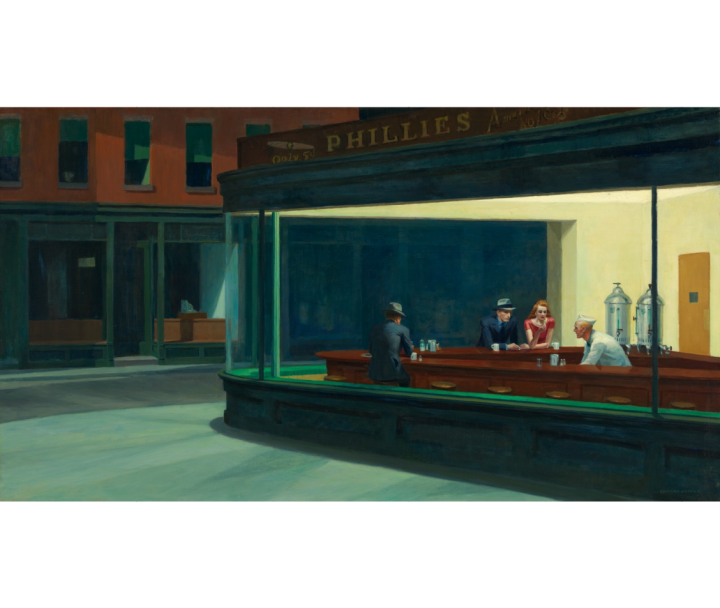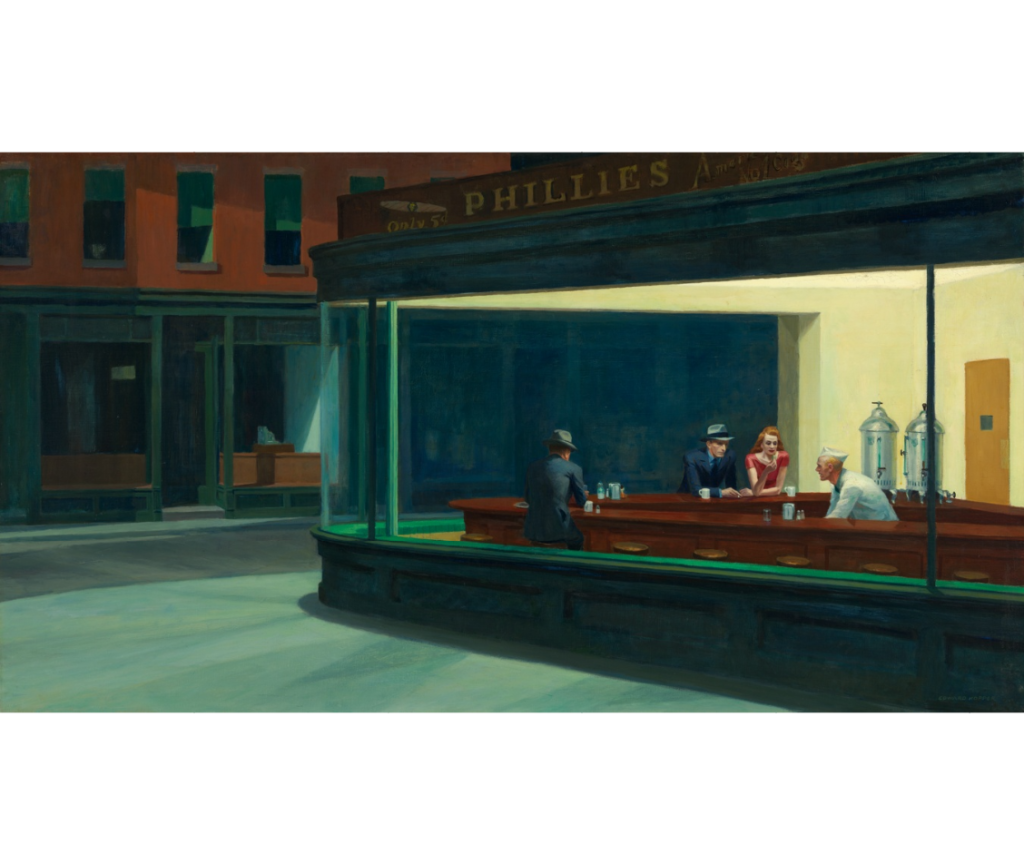

Not home or work, but rather the “third place”—that café, library, park, or diner—is one of the most overlooked necessities of modern life. These are the spaces where we exist without agenda, where we don’t have to justify our presence with productivity. Yet, as cities grow denser and our lives busier, the third place is quietly disappearing.
The third place is special precisely because it expects so little from us. Unlike a workplace, it doesn’t demand output. It doesn’t require the upkeep that a home does, nor the familial demands. It’s a neutral zone, a kind of social Switzerland. Think about your favourite coffee shop, the static noise of conversation and the espresso machine. It’s a space where you can be alone together with strangers, sharing nothing but proximity—and that’s enough.
Yet, the survival of the third place feels precarious. Rising real estate costs are pricing out small, independent establishments. Libraries face budget cuts. Parks are either underfunded or ill-maintained. Meanwhile, the spaces that remain are increasingly monetized. Today’s café has fewer couches and more QR codes, subtly nudging you to pay for your presence with an overpriced latte you didn’t really want.
But the value of the third place isn’t transactional; it’s communal. These spaces foster accidental connections and casual interactions. They remind us that community isn’t always loud or organized—it’s often soft and incidental. A nod to the regular who always gets the window seat, a barista who remembers your order, the quiet solidarity of shared Wi-Fi. These fleeting exchanges might seem trivial, but they stitch together the fabric of our social lives.
The decline of the third place is also a mental health issue. As loneliness rises to epidemic levels, the casual comfort of third places has never been more vital. These spaces offer a sense of belonging not tied to a performance of success, family, or friendship. They’re a respite from the relentless self-curation of social media and the demands of “being on” at work.
So, what can we do to protect these spaces? It starts with recognizing their importance. Support your local coffee shop—not just for the oat milk latte, but for the unhurried hour you’ll spend there. Advocate for public funding for libraries and parks. Push back against policies that prioritize profitability over public good. And perhaps most importantly, give yourself permission to linger in these spaces without guilt and expectation. Take time for yourself, and be present in that moment.
The third place isn’t flashy. It’s not a big-ticket solution to the problems of modern life. But it’s a quiet comfort, a steadying force. In a world that often demands too much, the third place is where we’re allowed just to be.
